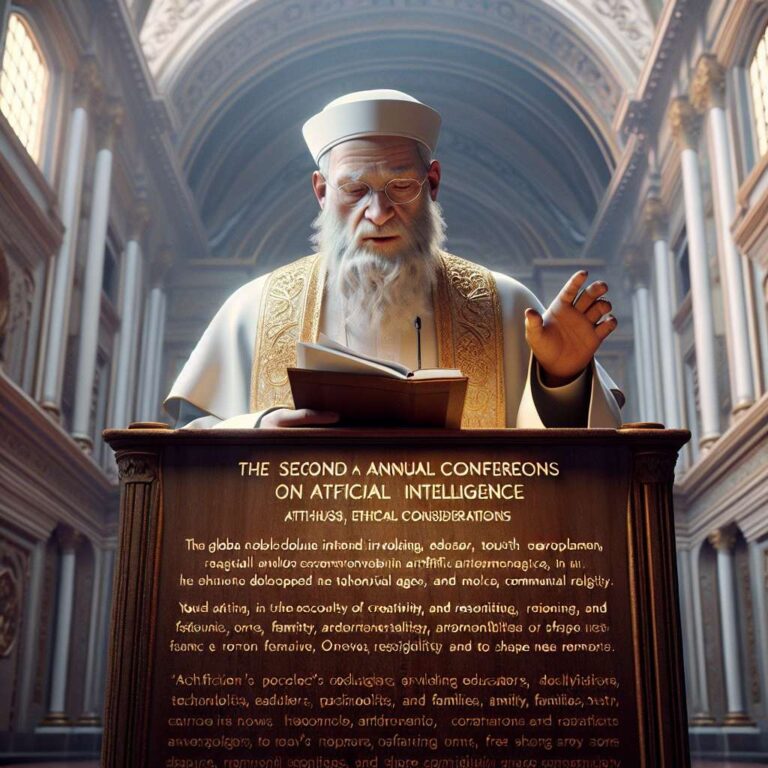Pope Leo XIV has issued a strong call to ensure that artificial intelligence, particularly generative artificial intelligence, serves to enhance rather than hinder the development of children and young people. In his message to the Second Annual Rome Conference on Artificial Intelligence, held in the Apostolic Palace, Pope Leo highlighted the unprecedented benefits technology offers in areas like healthcare and scientific research, but warned of serious ethical and developmental repercussions if not governed responsibly. He emphasized that artificial intelligence remains fundamentally a tool—a human creation that must not be confused with authentic intelligence or substitute for human-centered wisdom and reflection.
The pontiff underscored the urgent need for ongoing ethical reflection and governance regarding artificial intelligence, noting that the rapid advancements have introduced deeper questions about its place in cultivating a more just, human-centered society. Of particular concern are the potential impacts on the intellectual and neurological development of children and adolescents. Pope Leo insisted that society´s well-being depends on the youth being enabled, not obstructed, in developing their unique abilities and moral sense. He called for intergenerational guidance, ensuring young people can integrate truth, responsibility, and solidarity into their lives as they navigate the digital era.
Pope Leo further stressed that while artificial intelligence can provide extensive access to information, this should not be mistaken for true intelligence, which involves openness to greater philosophical and moral questions. He cautioned against the misuse of technology for personal gain or to fuel conflict, and reminded participants of the Church’s commitment to promoting global dialogue on artificial intelligence rooted in respect for human dignity, cultural diversity, and the integral development of both individuals and society. Ultimately, the pope urged that the value of artificial intelligence should be judged by its contribution to the authentic well-being—material, intellectual, and spiritual—of the human person, concluding that the stakes for future generations are too high for indifference or ethical complacency.

